With the moral of “When drinking water, remember its source”, from ancient times, Thanh Minh Festival has become an important holiday, with sacred meaning in the consciousness of Vietnamese people. This is an occasion for descendants to express their respect to their ancestors, strengthening the affection between family members and clans. In modern life, that beauty of filial piety still retains its value, is preserved and promoted by Vietnamese families.
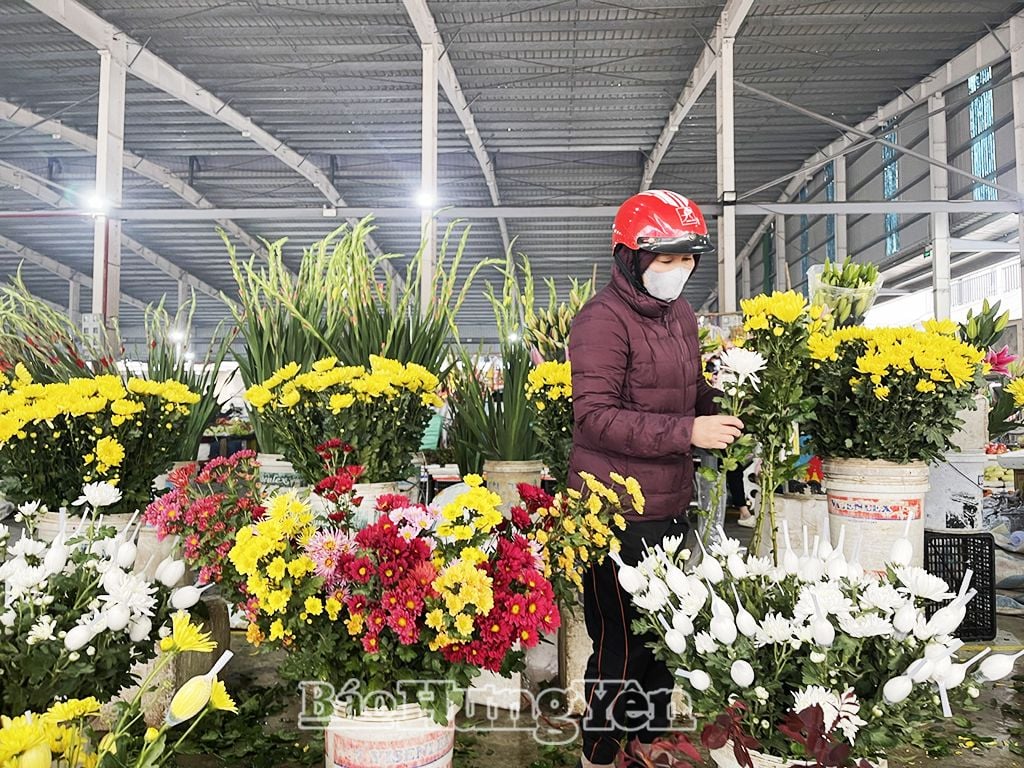
According to the concept of many Eastern countries, a year has 24 solar terms, marking the change of weather and the rotation of seasons. Thanh Minh is the fifth of the "twenty-four solar terms", starting 45 days after the beginning of spring and 105 days after the winter solstice. The ancients chose the first day of Thanh Minh to celebrate Thanh Minh Festival and Thanh Minh Festival will last for about 15-16 days. Literally, "thanh" means clear air, and "minh" means bright. When the spring equinox passes, the spring drizzle has ended, the sky becomes clear and bright, marking the arrival of Thanh Minh Festival. In 2025, Thanh Minh Festival starts on April 4 and ends on April 19 of the solar calendar, so this year, Thanh Minh Festival falls on Friday, April 4, which is March 7 of the lunar calendar.
In the minds of Vietnamese people, Thanh Minh Festival is an occasion for descendants to remember the merits and express gratitude, fulfill their duties to their ancestors, those who have gone before through the tomb-sweeping ceremony. People who visit tombs do not necessarily have to go on the exact day of the beginning of the festival, but can choose any day, as long as it is still during Thanh Minh festival. The main job of tomb-sweeping is to clean the graves of their ancestors. When visiting the graves, people bring shovels and hoes to fill the graves, clean the weeds and wild plants growing over the graves. The humanity of Vietnamese people is also shown on Thanh Minh Festival through the cleaning and sweeping of anonymous graves or graves that are rarely visited.
At this time, in many localities in the province, tomb-sweeping activities are bustling. People prepare offerings, clean up and burn incense in front of their loved ones' graves. In many families, the collective tomb-sweeping activities on Thanh Minh Festival are maintained regularly every year.
At the Doan clan in Lac Duc village, Hai Thang commune (Tien Lu), usually on the weekend closest to Thanh Minh festival, family representatives gather at the clan cemetery to offer offerings, burn incense to remember and pay tribute to grandparents and ancestors and clean the graveyard. This is considered a common ancestor's death anniversary of the clan, so that clan members have the opportunity to show filial piety, repay the kindness, and repay the kindness of their parents, grandparents and ancestors for giving birth, raising and building them. Therefore, descendants far from home also try to arrange time to return to join their families.
Mr. Doan Van Nhuong, originally from Lac Duc village, said: I left my hometown to work and live with my family in Hanoi for more than 40 years. Although I am busy with work, it has become a habit that every Thanh Minh festival, my family returns to my hometown to join in the grave cleaning at the cemetery with the members of the family. After the graves of our ancestors are cleaned, we return to the family temple to cook a meal to worship our ancestors and then eat together in a happy and friendly atmosphere.
In addition to the meaning of remembering the deceased and showing filial piety, Thanh Minh is also an occasion to strengthen the affection between family members or many families in a large family. Every year, when Thanh Minh comes, children and grandchildren gather, relatives in the family talk together, share joys and sorrows, help each other to develop together. With that humane and traditional educational meaning, Thanh Minh has been preserved by the community and has increasingly become one of the cultural beauties.
From early morning, at the Pham family temple in Thuan Hung commune (Khoai Chau), all the descendants have gathered. Mr. Pham Ngoc Thinh, head of the Pham family, said: Every year on Thanh Minh festival, my family and relatives go to visit the graves together. After the grave-sweeping ceremony, the family members have a reunion meal so that everyone has the opportunity to meet and talk with each other, increasing solidarity.
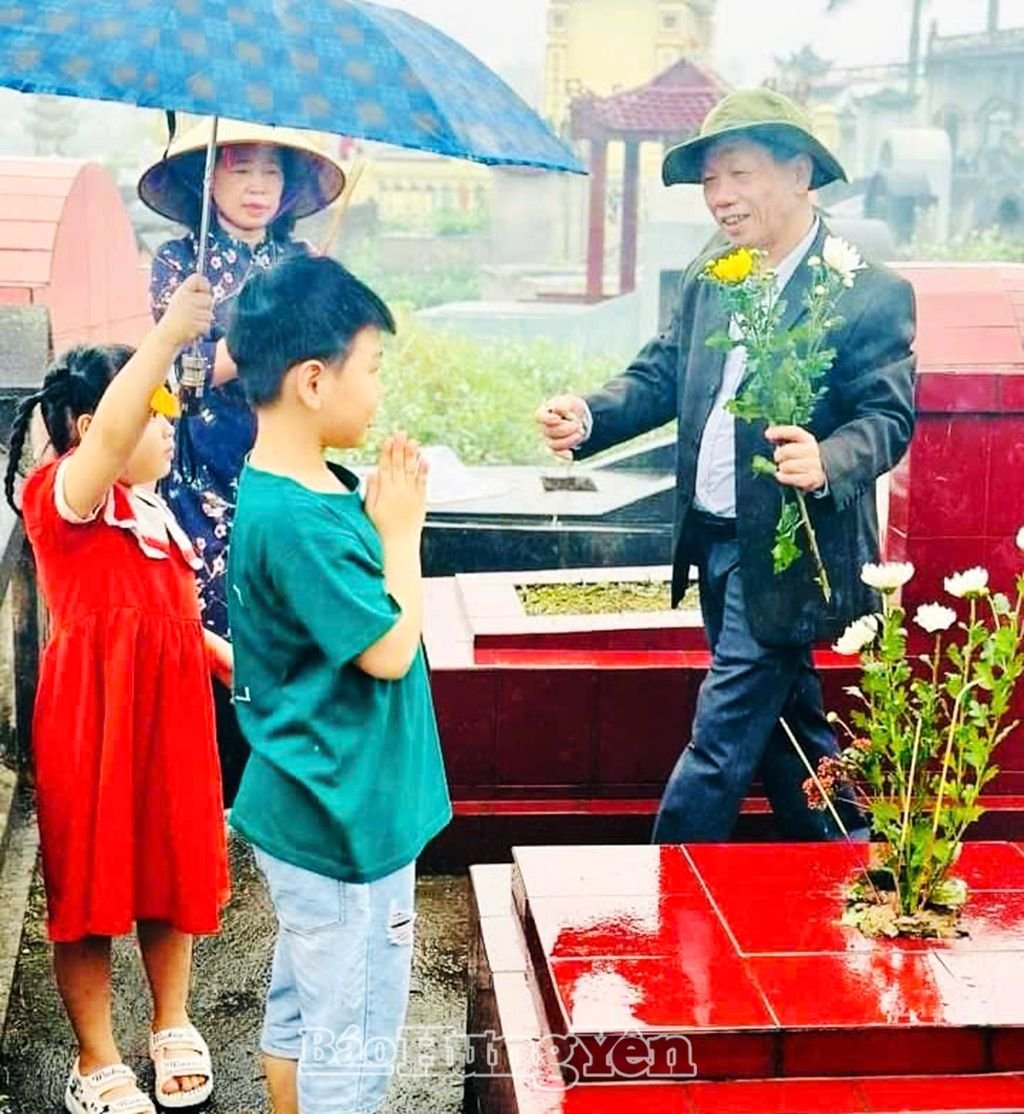
Ms. Nguyen Thi Mai is a daughter-in-law of Thuan Hung commune who lives far from home. It is difficult to return home during Tet because she has to take care of family matters. Therefore, every year on Thanh Minh, she returns to her hometown to visit her grandparents' graves and visit relatives. Ms. Mai shared: At this time every year, I arrange my work to bring my children back to my hometown to celebrate Thanh Minh. For me, Thanh Minh is not only an occasion to show respect and gratitude to my ancestors and the deceased, but also an opportunity to educate my children about family traditions, the location of my ancestors' graves and how to visit graves...
Nowadays, the ancient rituals have changed somewhat so that the Qingming Festival can be celebrated economically, in line with modern life. However, these beautiful traditional cultural values are still preserved and passed down by the Vietnamese people to remind the next generation of the nation's morality of "When drinking water, remember its source".
Source: https://baohungyen.vn/net-dep-van-hoa-ngay-tet-thanh-minh-3180326.html




![[Photo] Visiting Cu Chi Tunnels - a heroic underground feat](https://vstatic.vietnam.vn/vietnam/resource/IMAGE/2025/4/8/06cb489403514b878768dd7262daba0b)



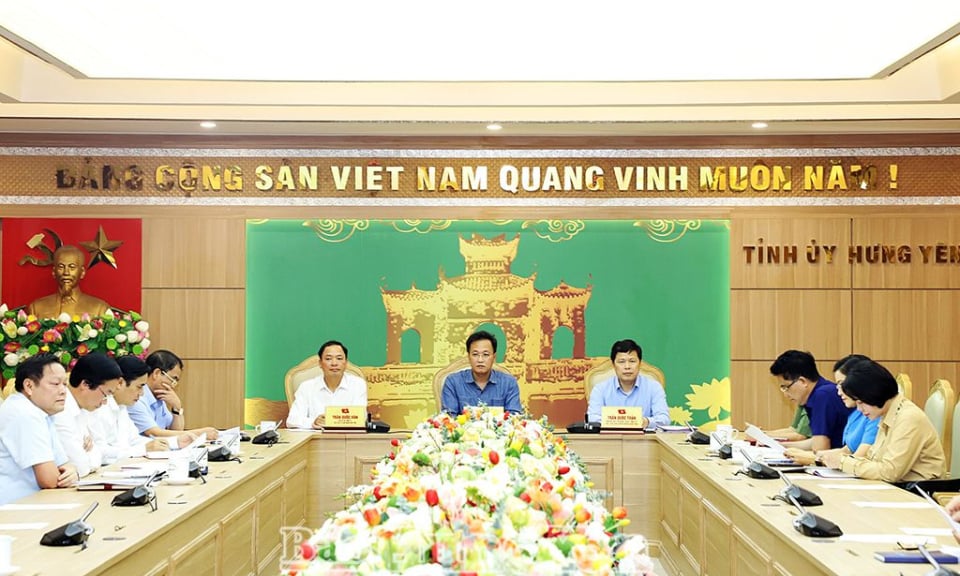
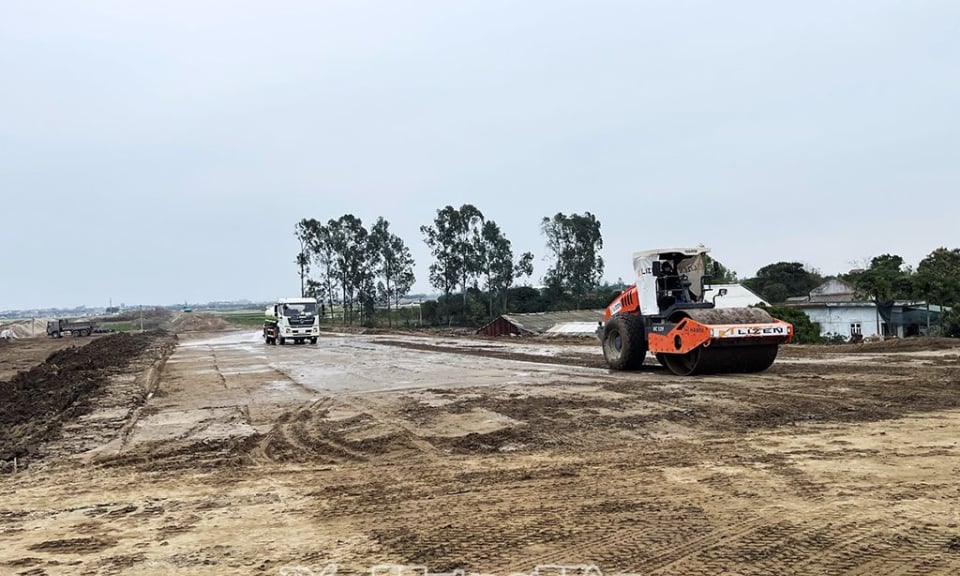
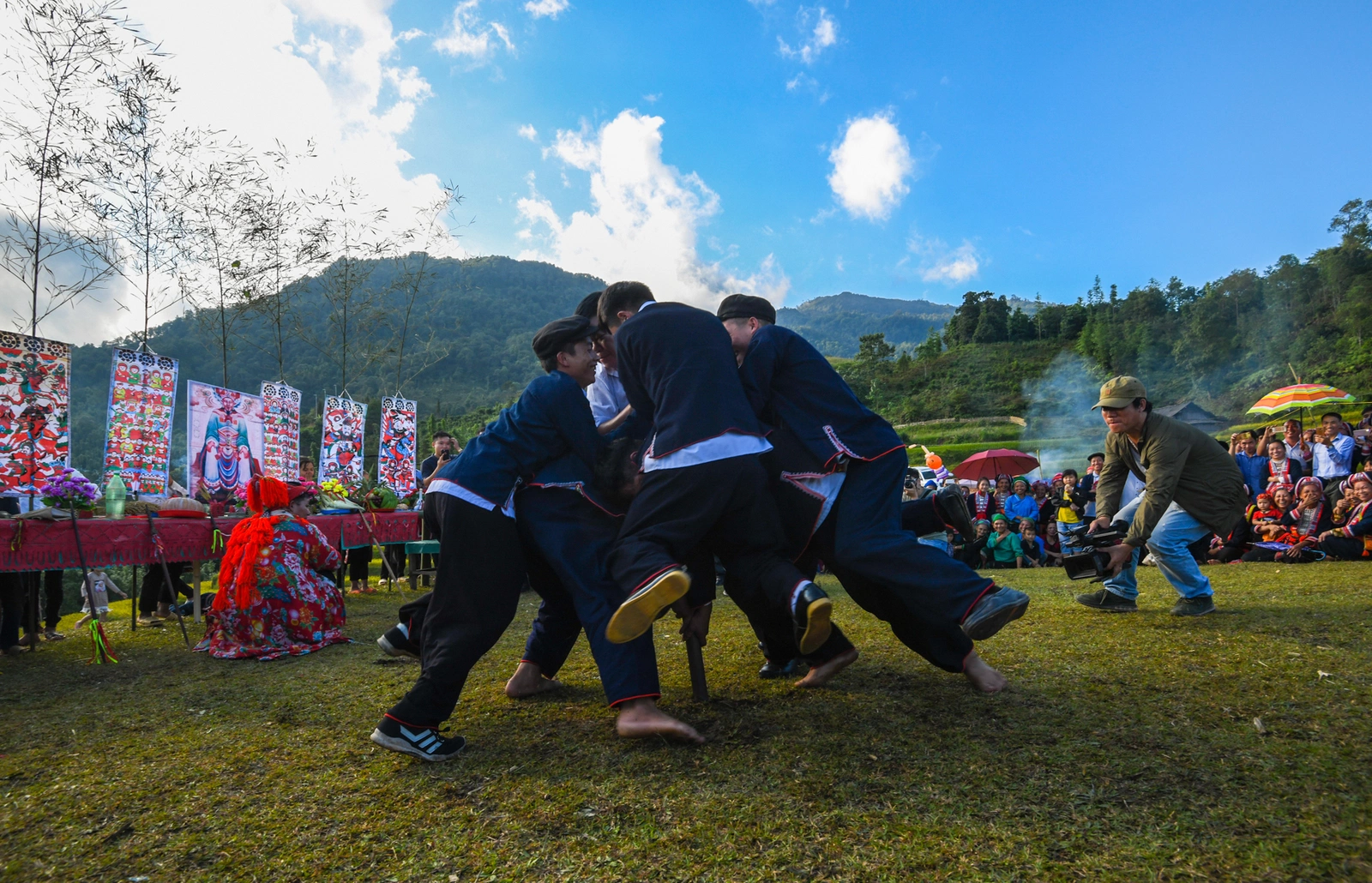
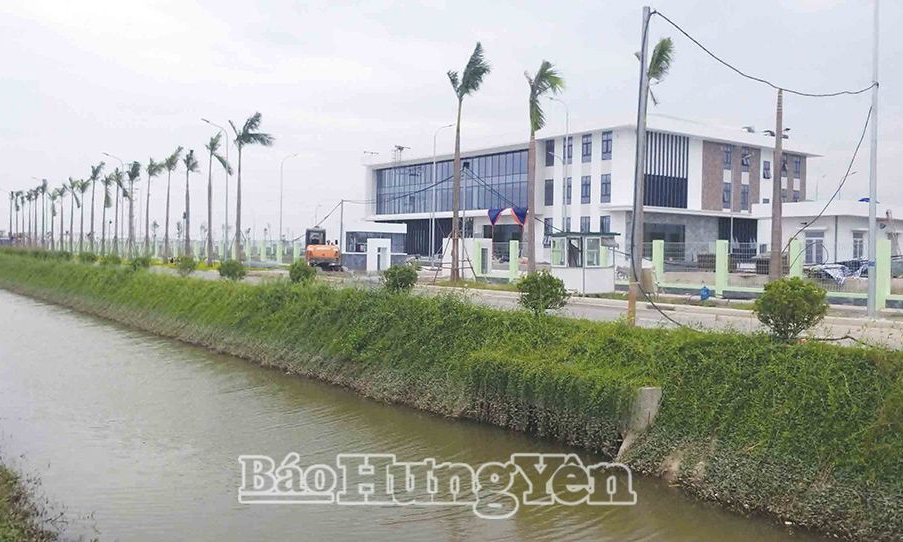
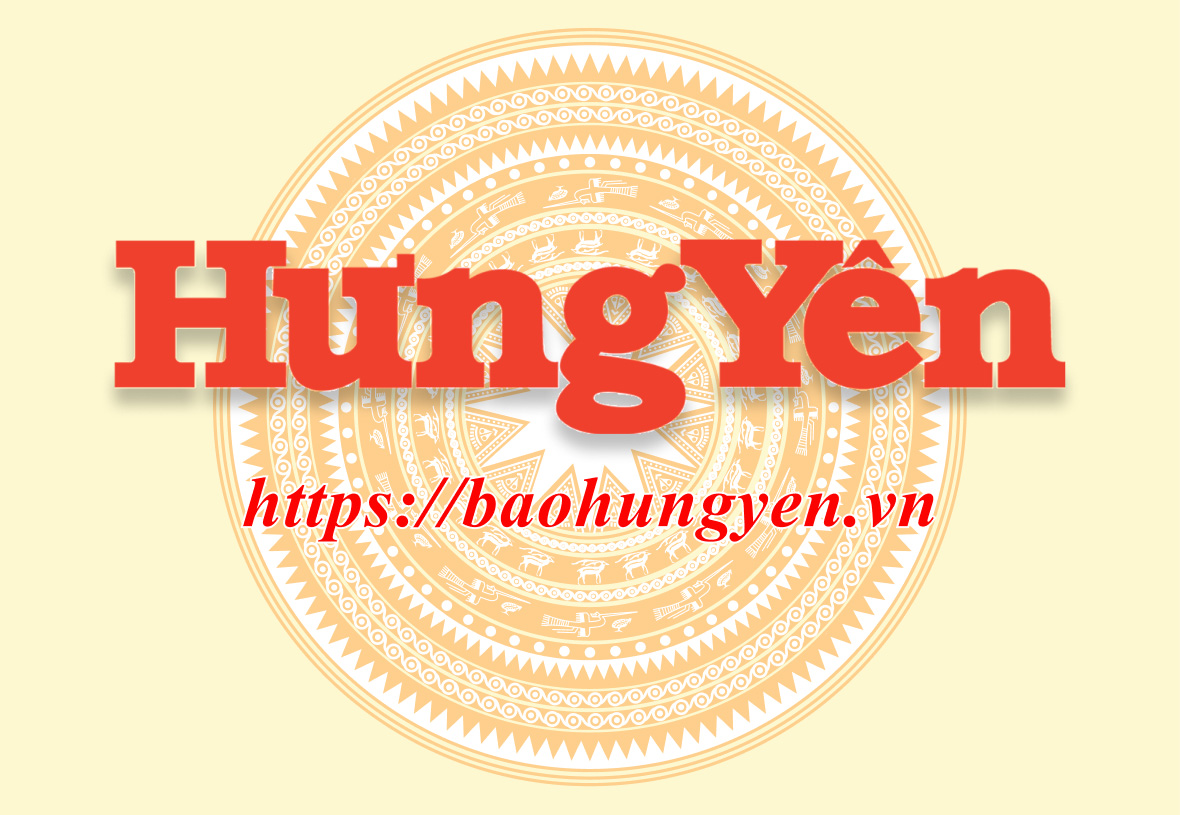




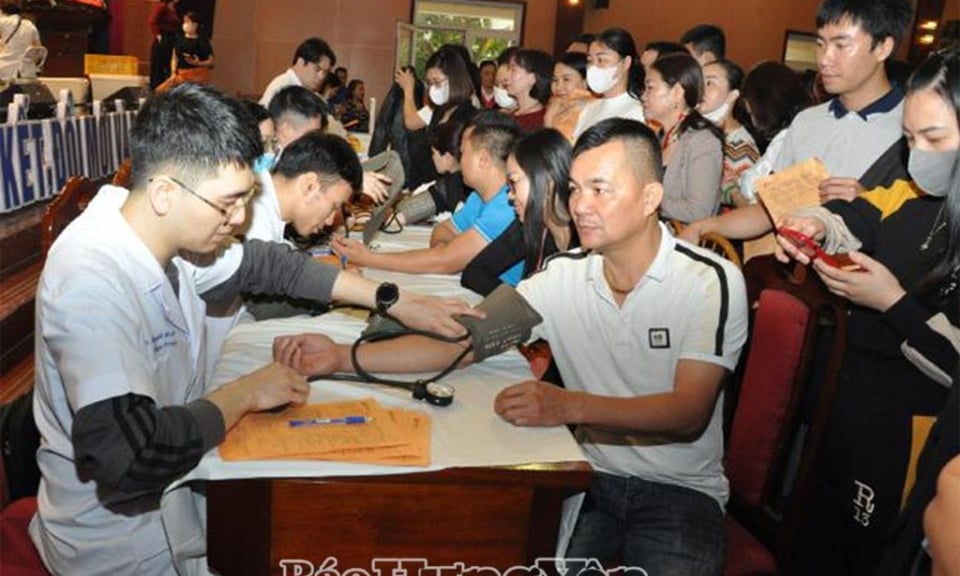


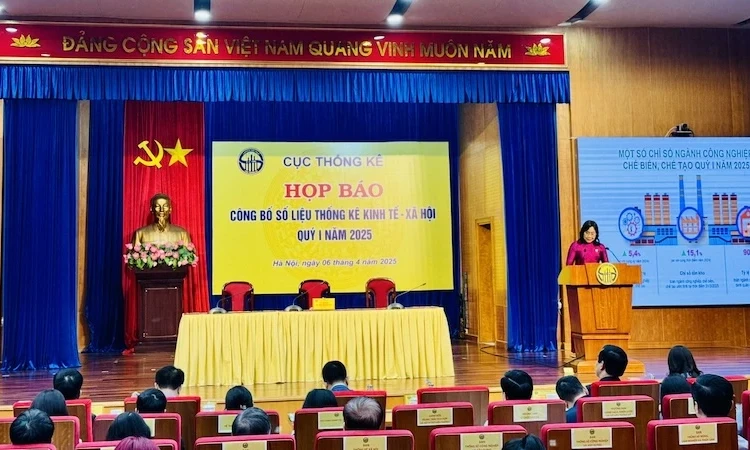
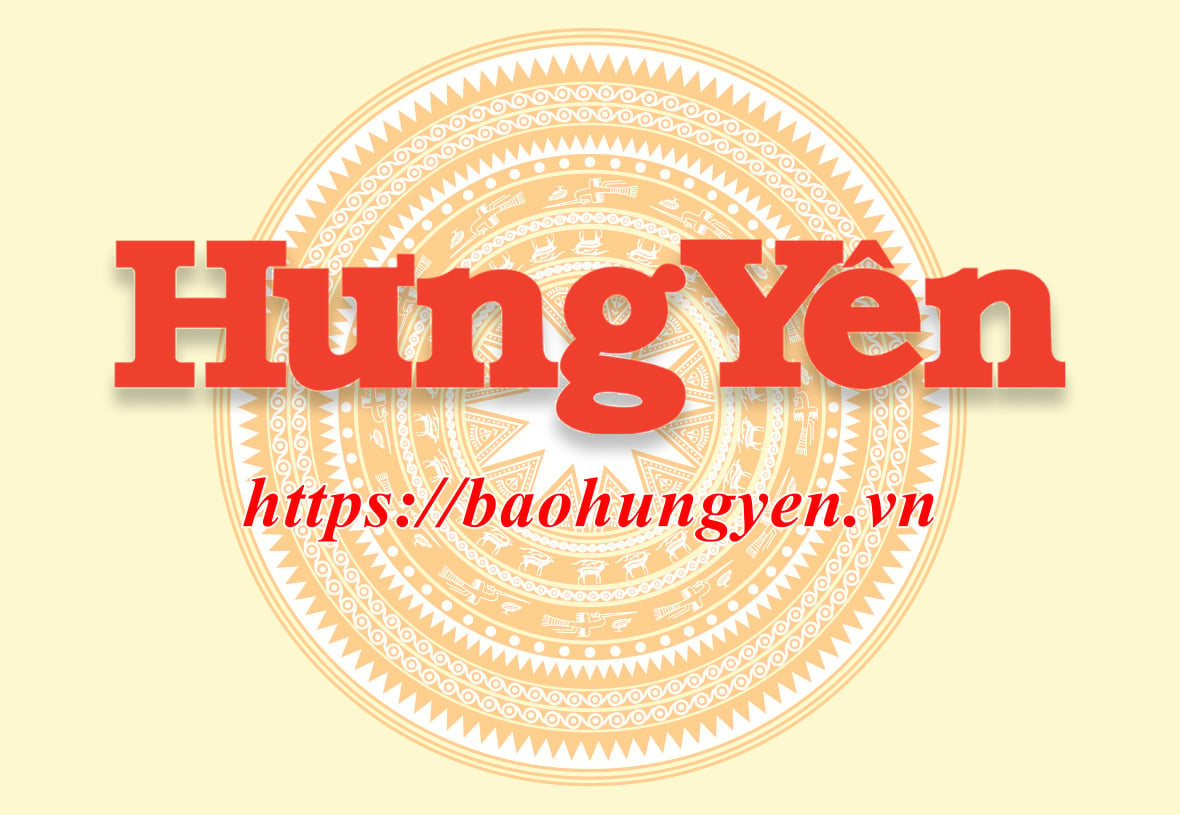










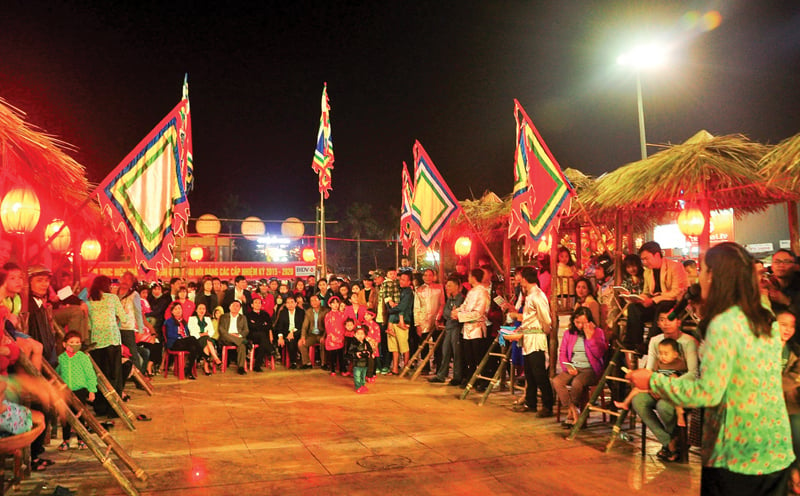

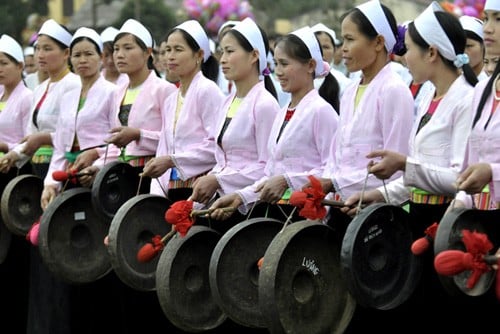















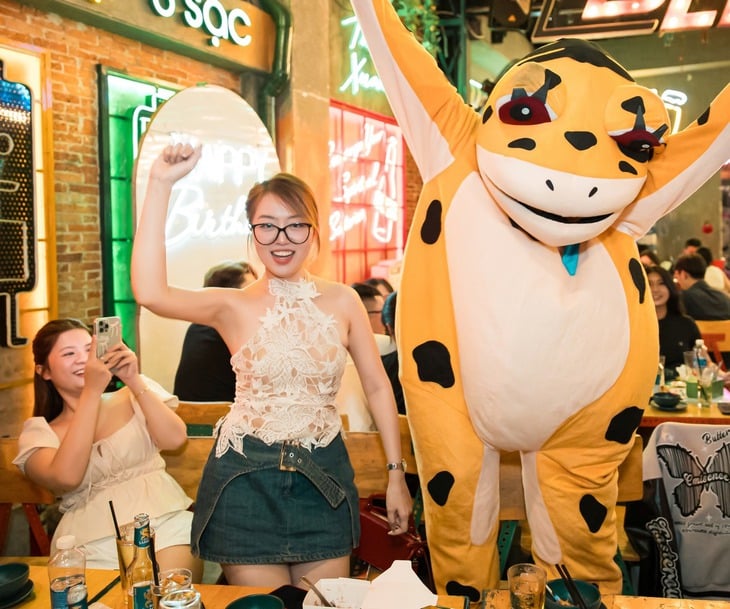






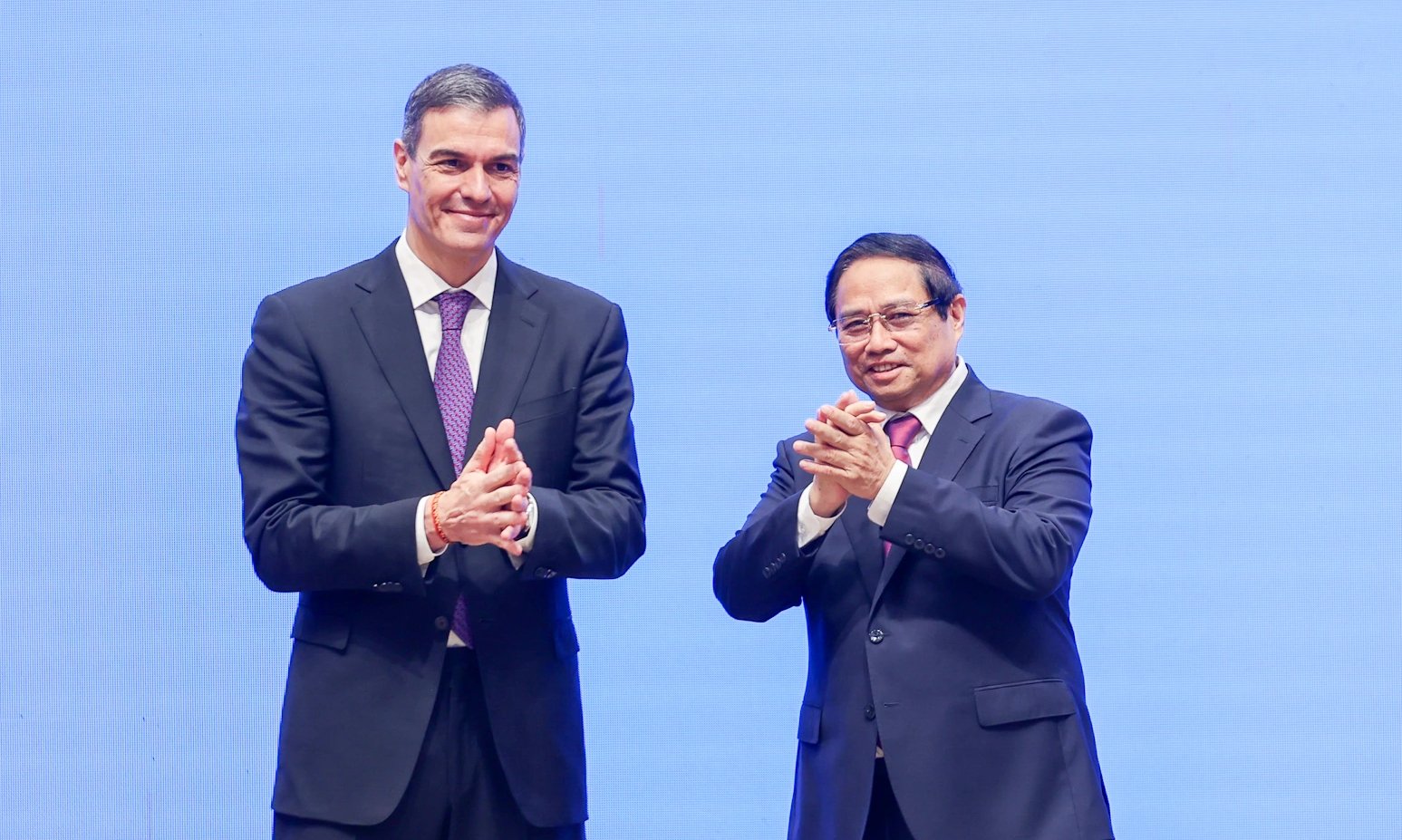



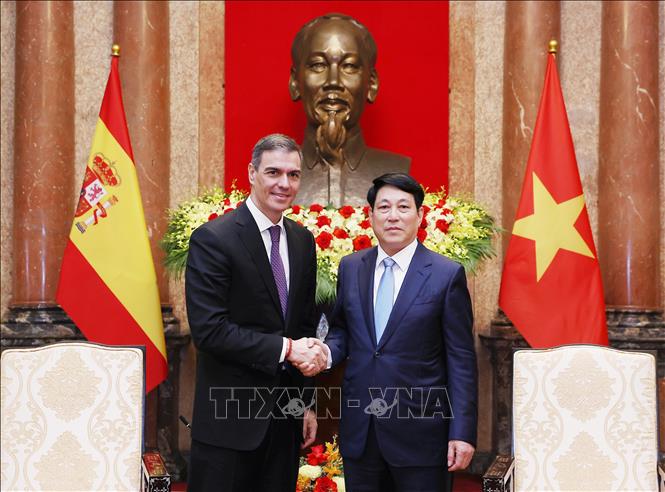








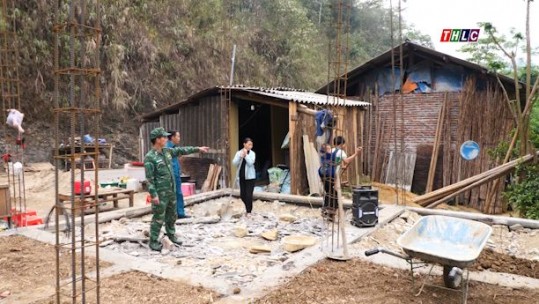
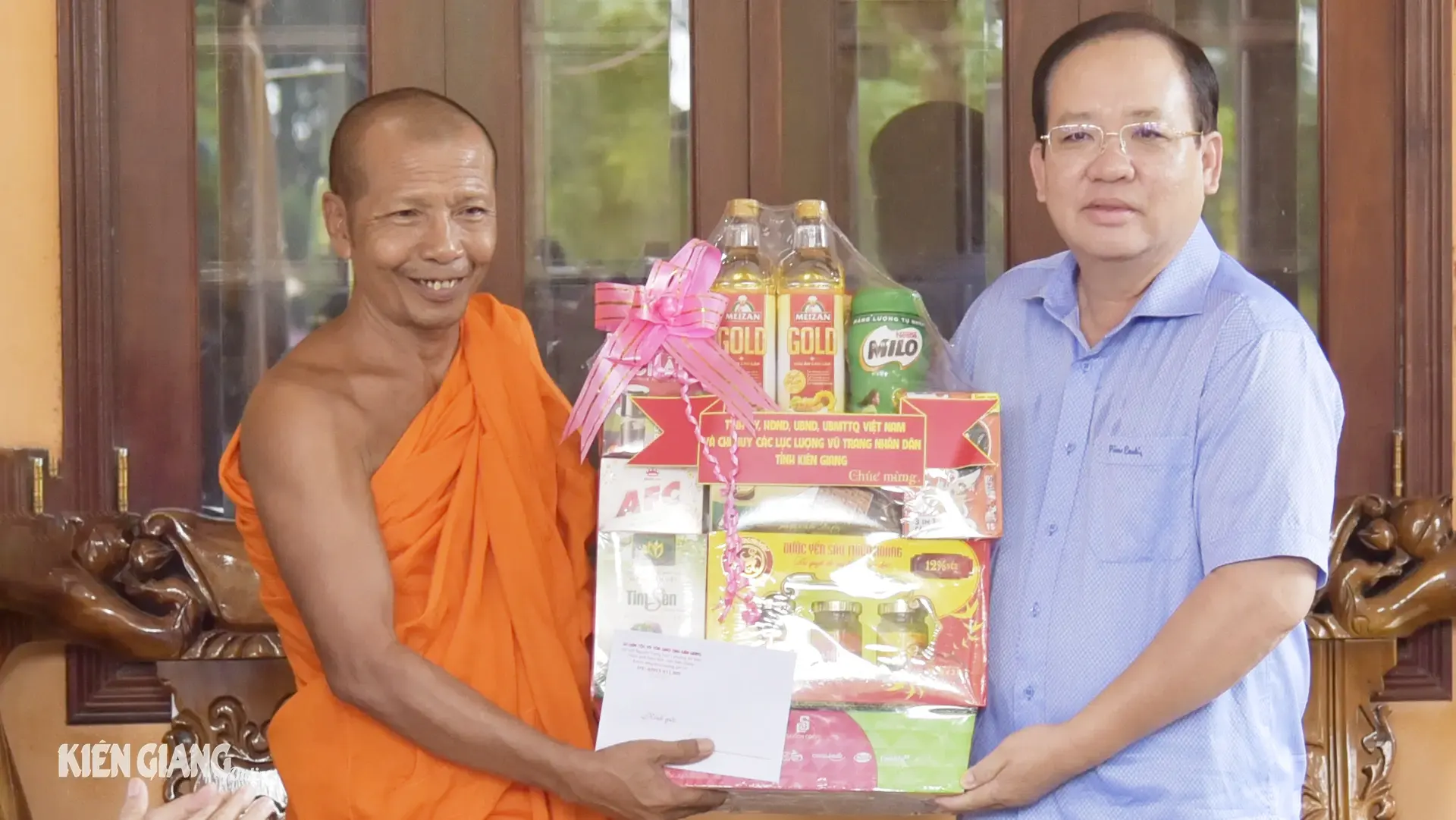
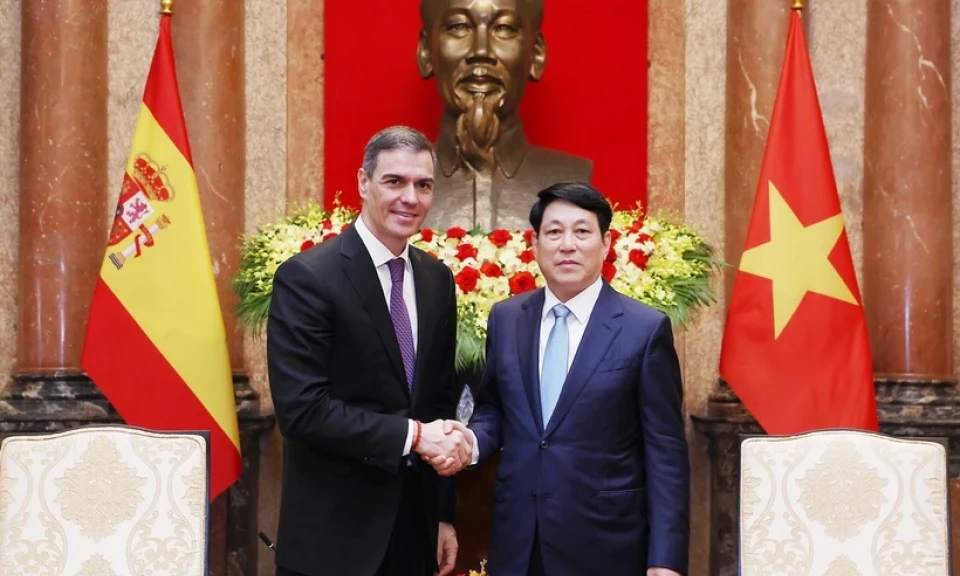

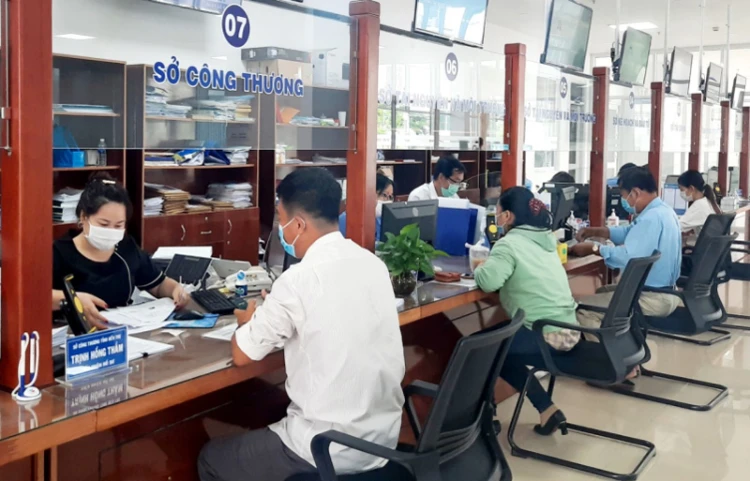
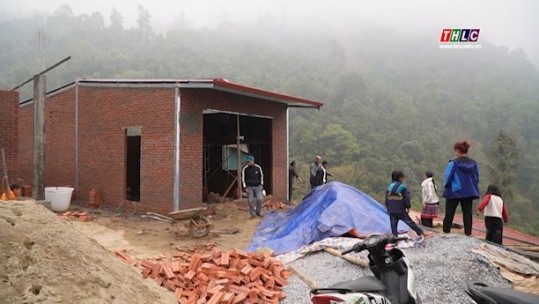










Comment (0)